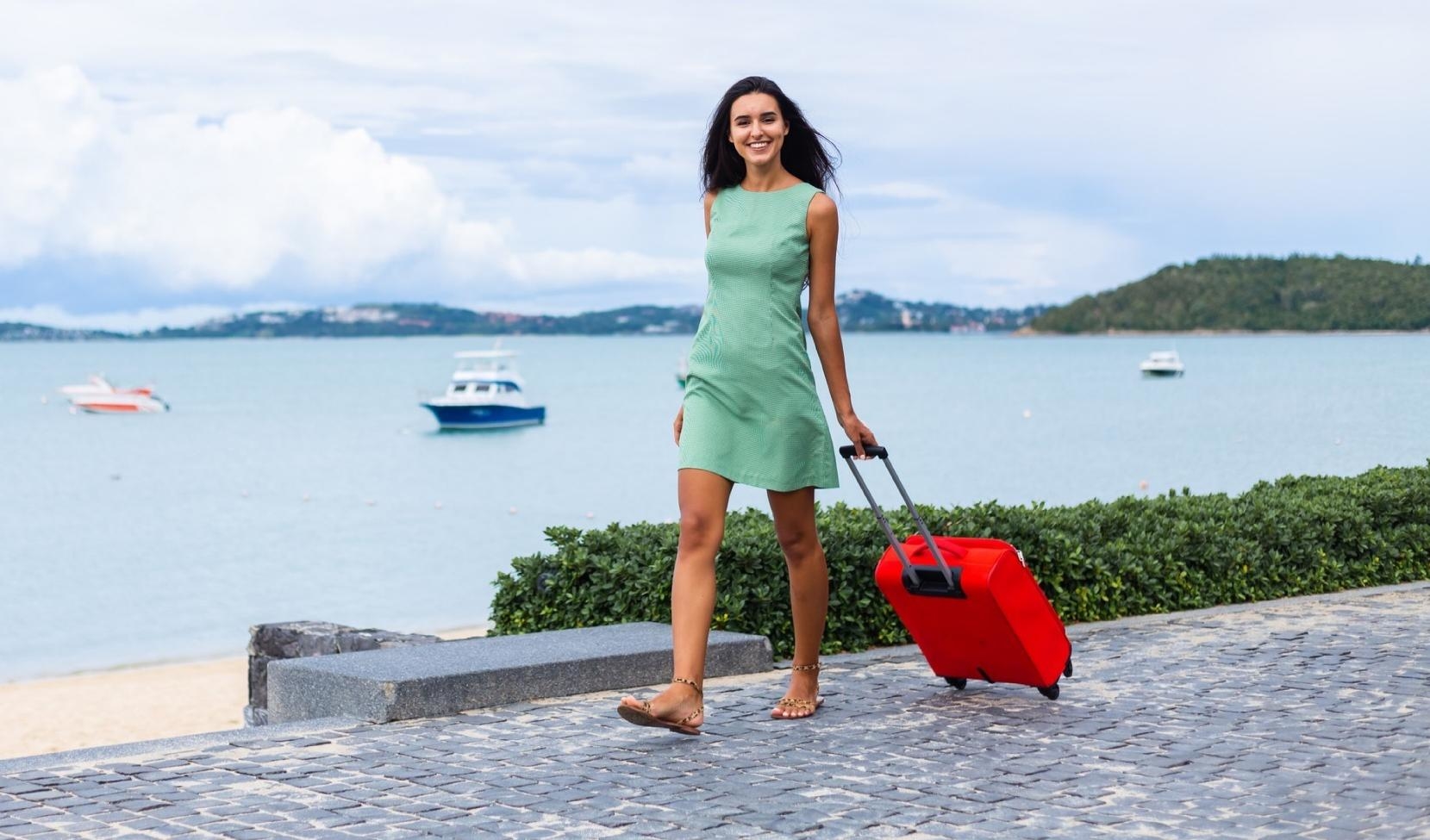The idea of a visa ban for Russian tourists is not going down well in Switzerland. But if the European Union, under pressure from northern and eastern countries, decides to impose such a ban, Switzerland would have to follow suit.
Estonia and Finland have already limited visas for Russian tourists; Poland, Latvia and Denmark are calling for an EU-wide ban. The German newspaper Bild reportsExternal link that German politicians in the centre-right CDU/CSU are also in favour of such a ban. German Chancellor Olaf Scholz, from the centre-left SDP, has so far spoken out against it, arguing that it is not the Russian people’s war, it is Russian President Vladimir Putin’s war.
The central argument for a visa ban, as also demanded by Ukrainian President Volodymyr Zelensky, is that it is not acceptable for rich Russians to go on holiday in Western Europe while their country is reducing Ukraine to rubble. The hope is that a travel ban will make the Russian population think, so that they will subsequently exert pressure on the regime.
A northeast/southwest divide is emerging in the EU on this issue. While the Baltic and Scandinavian states are insisting on restrictions, France, the Netherlands and southern European countries are critical.
Swiss scepticism
Foreign policy experts in Switzerland also express scepticism about a visa ban. “A blanket denial of visas is not effective and would hardly impress Putin or deter him from his war campaign,” says parliamentarian Elisabeth Schneider-Schneiter from the Centre party.
She points out that many Russian citizens who are critical of the regime also travel to Switzerland. “We should see the granting of visas more as an opportunity than as a risk,” she says. “It gives us the opportunity to show Russians travelling to Switzerland what kind of immoral and inhumane war Putin is waging.”
Tiana Angelina Moser from the centrist Liberal Green Party is also sceptical of a blanket ban – “it seems too sweeping to me”. However, it is obvious that Switzerland, as part of the Schengen area, can’t stand on the sidelines, she says.
Such a ban doesn’t have the support of Claudia Friedl from the left-wing Social Democratic Party either. “It’s Putin’s war. On the other hand, I support the targeted sanctions against people and oligarchs close to Putin. The war must not be financed by us.”
Similar thoughts come from Green Party politician Sibel Arslan, who says it’s much more important that oligarchs are put on the sanctions list and that Switzerland acts more quickly and clearly in this regard. “But in terms of symbolic politics it’s important to discuss different variants, such as the visa ban,” she says.
However, Arslan does not expect a visa ban to materialise in the EU. “There are other ways to act against the aggressor, and a general ban would probably hit the wrong people.” Before the EU decides, she says, it’s difficult to say anything from Switzerland because Switzerland can’t impose such a sanction on its own.
Yvette Estermann from the right-wing Swiss People’s Party thinks that anyone seriously striving for peace in Europe won’t impose new sanctions but will look for a solution to the conflict. “I’m against such a measure. It doesn’t solve problems, it creates new ones,” she says.
Christa Markwalder from the centre-right Radical-Liberal Party says: “In principle I’m opposed to guilt by association, because a visa ban like this can always also affect blameless Russian citizens. However, Estonian Prime Minister Kaja Kallas made the point in an interview [on German public television] that visiting Europe is a privilege, not a human right. From the Western point of view, this can be a lever to put an end to the Russian war of aggression against Ukraine as soon as possible.”
Switzerland would also be affected
An EU decision is expected at the end of August. According to Swiss news website WatsonExternal link, the EU Commission is critical; moreover, the requirement of unanimity seems to give the issue no chance.
If, contrary to expectations, an EU-wide visa freeze comes about, it would also apply to Switzerland, which is a member of the Schengen area. Only the issuance of national visas for stays of more than 90 days requiring authorisation would remain at Switzerland’s discretion, the State Secretariat for Migration (SEM) confirmed to SWI swissinfo.ch.
Switzerland remains a popular destination for Russians, despite the war in Ukraine. Since the beginning of the year, Switzerland has issued more than 7,000 visas to Russians, SEM toldExternal link Swiss public broadcaster, SRF. This puts Russia in the top ten of Swiss visa statistics (in eighth place). The most common reasons for travelling to Switzerland are meeting friends and family, business trips or tourist holidays. In 2018, however, only about 30% of Russians owned a valid passport.
Source : Swiss Info.ch















